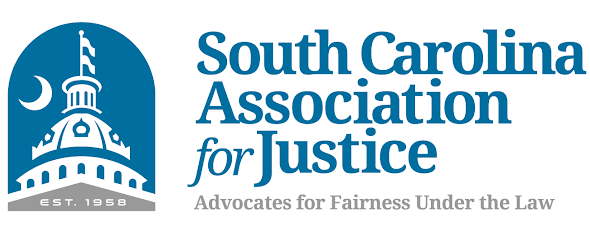Child injury and abuse cases can be some of the most emotionally trying claims. However, it is critical to remember that they have something in common with any other legal case: They require solid evidence to support them.
For assistance gathering information that can help prove child abuse, contact a South Carolina child abuse lawyer Hite Law Firm. Our experienced, compassionate staff represents children throughout South Carolina who need a voice on their side.
What Kind of Evidence Can Prove Child Abuse?
When you want to make a child injury or abuse case, you and your attorney must present supporting evidence to a court or legal arena. Evidence is a collection of information that indicates how the injury or abuse happened.
Your evidence must be admissible to the court to substantiate your claim. Unfortunately, not all evidence is strong or admissible, even if it exists.
It can be helpful to work with an experienced attorney to determine what evidence you can use to support your claim. Learning what types of evidence the court usually allows is also beneficial.
Fingerprints
Fingerprint evidence can be useful if the suspect had no prior relationship or contact with the child. However, it may be most helpful in conjunction with other types of evidence. Fingerprints may be found in a vehicle, home, or other places.
DNA
The child may have DNA evidence on him or her, including skin cells, hair, bodily fluids, or blood. Other places DNA may be present include:
- Furniture
- Bedding
- Clothing worn during or after an alleged assault
- Tissues or washcloths
- Dental floss
DNA that may help prove child abuse may also be present on a toothpick, cigarette, or drinking glass.
Injury photographs and medical records
Documentation of injuries, including photos and medical information, can help validate the child’s abuse allegations. However, involved parties must take care to collect this type of evidence properly.
Medical records must be precise and free of extraneous information or opinions. Photographic evidence requires a form with the child’s name, case number, photo dates and times, case number, and case notes. The photos must have relevance and verification. These factors ensure photographers, investigators, and healthcare providers can testify the pictures accurately portray the findings.
Gifts and special treatment
The suspect may have tried to win the child’s loyalty and trust by buying gifts such as:
- Jewelry
- Cell phones
- Electronics
- Toys
It is important to remember that the gift-buying should seem out of context or excessive, given the nature of the suspect’s relationship with the child. It may also be in addition to other evidence types used to prove child abuse.
Texts and emails
Electronic documentation that admits an improper relationship with the child can serve as solid evidence. Other correspondence can be circumstantial if it points to the suspect communicating with the child. It may also show consistency with the child’s allegations.
Video or photos of abusive acts
Sometimes recordings of incidents of abuse, molestation, or assault exist. Other recorded evidence may substantiate an inappropriate relationship. The suspect may also have used social media to post details of abuse, assault, or molestation.
Suspect’s admissions or statements
The suspect may have made statements or admissions to the child, friends, family members, witnesses, or others. The victim or other person’s testimony of the suspect’s statement may serve as evidence to prove child abuse.
South Carolina is a one-party consent state. This means it is a criminal offense to use a device that shares or records electronic, oral, or wire communications without the consent of at least one party. Recording a conversation between two non consenting parties is illegal. Only legal recordings of admissions or statements are valuable as evidence.
Federal laws that may apply include the Wiretap Act. This specifies that recording a conversation that participants reasonably expect to be private, such as in a non-public setting, is illegal.
Work With an Experienced Attorney To Gather Evidence To Prove Child Abuse
Gathering admissible evidence in a child abuse case can involve many steps and complexities. It is necessary for those involved to use proper documentation and collection techniques to avoid tampering with evidence or making it inadmissible in a legal setting.
Hite Law Firm proudly represents the most vulnerable citizens of South Carolina. We have experience fighting for the rights of injured, abused, or neglected children.
If you need help collecting evidence to prove child abuse and pursue compensation against the perpetrators, contact us today. Complete our online form, call us, or stop by our office in person. We will do everything in our power to hold suspects accountable, protect children, and ensure justice prevails.







